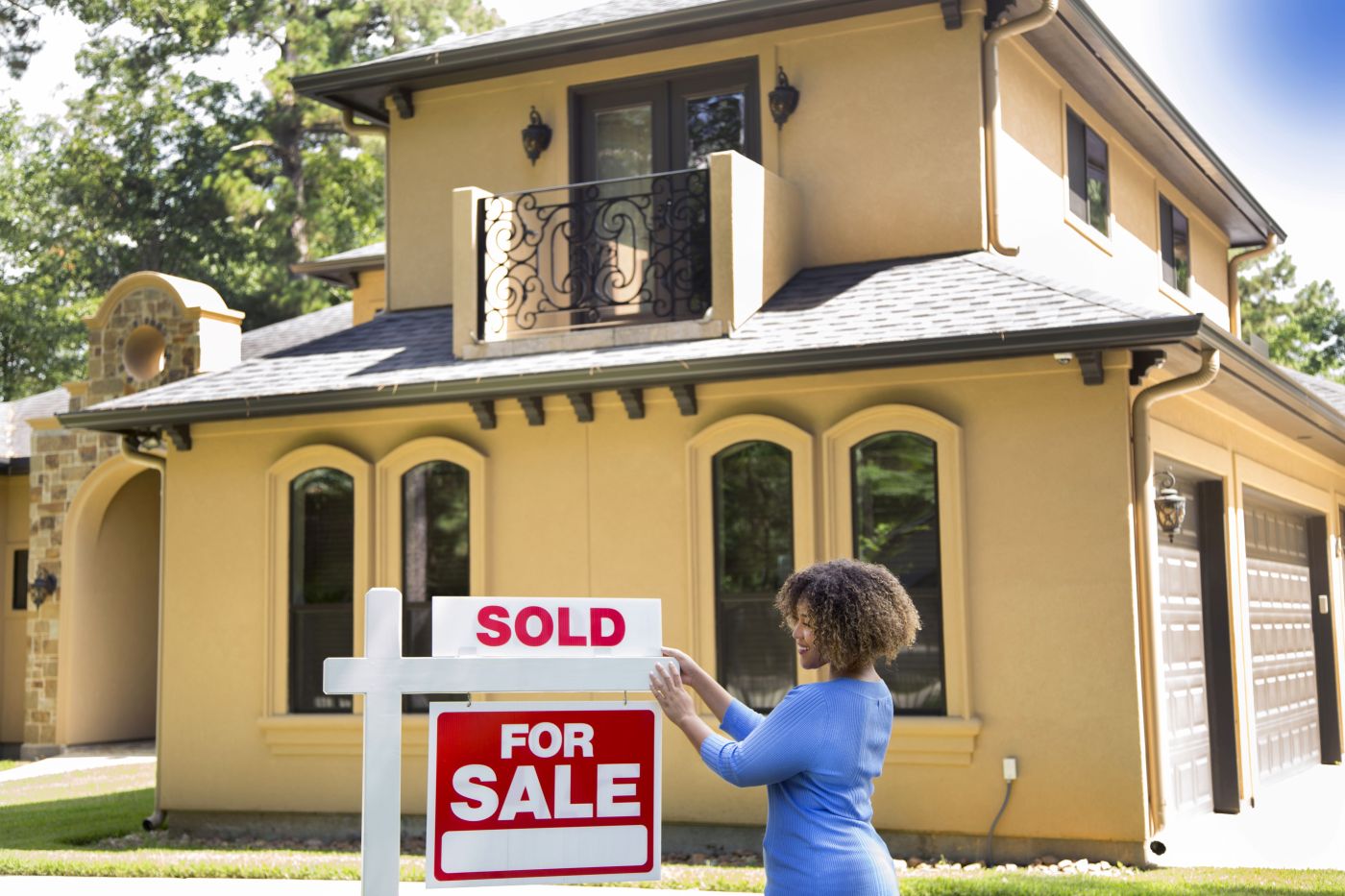
Johnson: Real estate undergoing a sustainable revolution
The American Dream is increasingly green.
According to a recent survey from the National Association of REALTORS®, about half of home buyers and sellers are somewhat or very interested in sustainability. They’re looking for homes with limited environmental impact, including energy-efficient windows, doors, and siding — not just a white picket fence.
These preferences are changing how homes are built, renovated, and updated for sale. And there’s no indication that real estate professionals or homeowners will shift away from their eco-conscious ways.
The research firm Nielsen found that more than 80% of global consumers believe it’s “extremely” or “very” important for companies to implement environmental improvements. Younger home buyers, in particular, see green upgrades as a manner to not only shrink their carbon footprints but utility bills, too.
Consumers also want homes with better indoor air quality and fewer toxins. The COVID-19 pandemic fostered the view that the home must be a safe haven. A Harris Poll conducted during the pandemic found that 54% of U.S. adults were more concerned about having a healthy home than prior to COVID. That translates into demand for features like proper ventilation, outdoor space, fire protection, and appliances that use electricity rather than oil or gas.
Many people perceive the natural world as less benign than it was previously. An unusually warm day in winter used to be a treat. Now, it can be a harbinger of shifting weather patterns and more extreme climate events. Buyers are considering how the homes on their shopping list might fare in the face of floods, wildfires, drought, and storms.
Climate change also impacts how buyers think about geographical location. A scenic view of a forest is less enticing through a haze of wildfire smoke. A waterfront lot could end up underwater, given that hundred-year floods now seem to occur every few years.
Indeed, fires and floods have caused home insurance premiums to skyrocket in vulnerable regions, where demand for resilient homes is soaring. More than 80% of buyers now factor climate risk into their home-buying decisions, including how much they’re willing to spend. A recent Sotheby’s report found that luxury buyers will pay a premium for homes aligned with their environmental values.
In response, the National Association of REALTORS® has rolled out an ambitious Sustainability and Resilience Plan — an effort to green its network of 1.5 million real estate professionals. NAR sets guidelines and provides resources to help people navigate the sometimes-daunting process of energy-efficient and resilient home improvements.
As part of that effort, multiple listing services (MLSs) — the databases that show real estate brokers properties that are for sale — have rolled out dedicated fields to showcase properties with green bona fides.
While home buyers and sellers are driving this revolution, real estate professionals play a crucial role as advisors on the marketplace. They must be well versed in green certifications, building performance, and climate risk. Brokerages that move quickly to cultivate in-house expertise on sustainability — and embed it into their operations and technology platforms — will have an edge.
The sustainable housing boom offers hope for our planet. Energy-smart, resilient homes are empowering not just individual families but whole communities to reduce their carbon footprints and bills while boosting public health.
When green homes become the norm, we all stand to gain.
Nate K. Johnson is 2024 Vice President of Advocacy for the National Association of REALTORS®. He is also President of Real Estate Solutions at Redkey Realty Leaders, a full-service commercial and residential real estate brokerage in St. Louis.
A Harris Poll conducted during the pandemic found that 54% of U.S. adults were more concerned about having a healthy home. According to the author, that translates into demand for features like appliances that use electricity rather than oil or gas. (Metro Creative Services)


